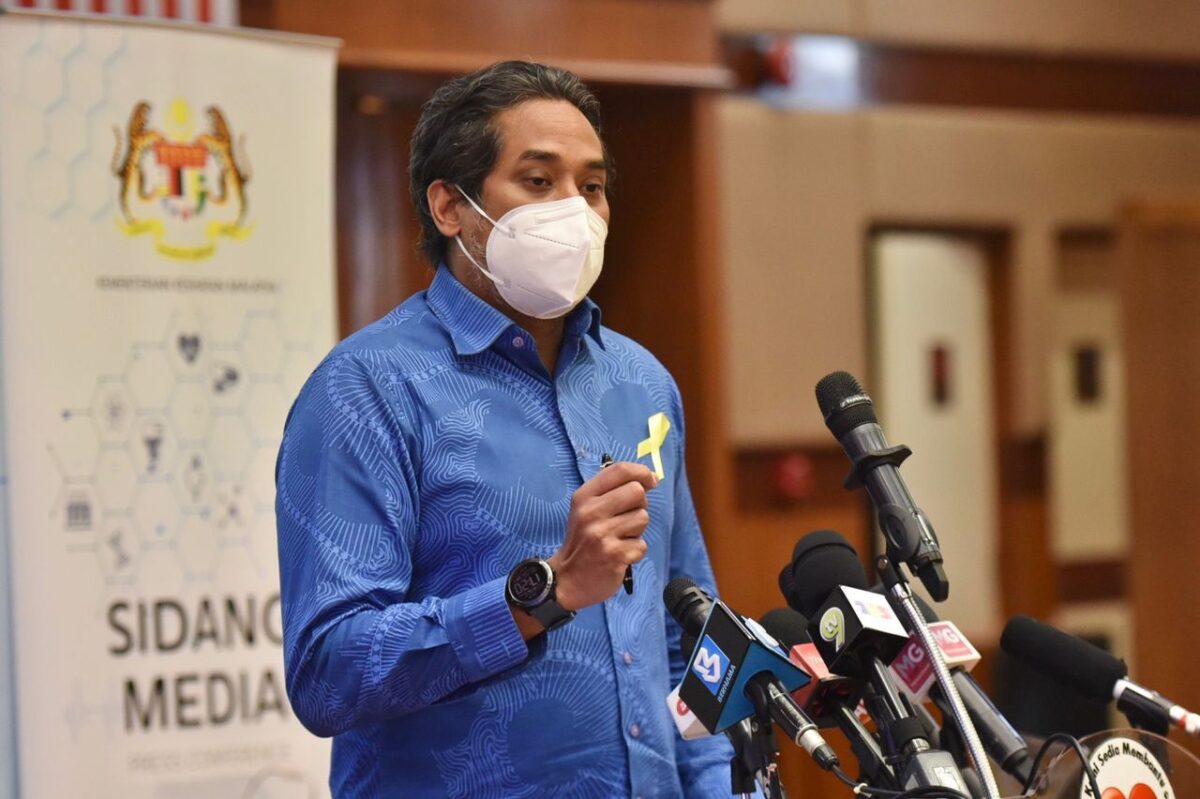KUALA LUMPUR, Nov 4 — Singapore is planning to lift a few tactics from the Greater Klang Valley Special Task Force (GKVSTF) to manage their surging epidemic, Health Minister Khairy Jamaluddin said.
The GKVSTF — which was widely credited with its multi-stakeholder approach for controlling the Covid-19 crisis that overwhelmed Klang Valley’s health care system in July and August — has been repurposed as the National Rapid Response Task Force to manage Malaysia’s Covid-19 epidemic at the national level.
“Now, I had a chat with ― again, just between us ― I had a chat with the Health Minister of Singapore yesterday. They are trying to learn from what the GKVSTF did in Selangor, which is to enhance the home quarantine,” Khairy told the health, science and innovation Dewan Rakyat special select committee on September 28.
“Of course, there was a surge capacity of vaccination but using the virtual Covid-19 Assessment Centre (CAC), using the digital tool to monitor people at home. So, he asked me how many of your active cases now are at home. I said 86 per cent, 85 per cent are at home right now.
“Their home quarantine is only 50 per cent. That is why they are feeling the surge at the hospitals. Even though the categories are low, they admit to hospitals. They don’t have PKRC (Covid-19 quarantine and treatment centres) and all that. So, they are [in] panic. The hospital beds are suddenly gets filled up.
“So, they said they want to get to 85 per cent home quarantine as well,” the health minister added, according to transcripts of the meeting published in the parliament committee’s “Transitioning from Pandemic to Endemic Covid-19 Safely and Sustainably” report that was tabled in Parliament Monday.
At one point, about 80,000 positive Covid-19 cases in the Greater Klang Valley region of Selangor, Kuala Lumpur, Putrajaya, and Negeri Sembilan were undergoing self-isolation at home, monitored by the virtual CAC, GKVSTF chief and Health deputy director-general Dr Chong Chee Kheong said last August.
The repurposed GKVSTF as the new National Rapid Response Task Force, also led by Dr Chong, will now be in charge of quickly deploying resources like manpower, modular intensive care units (ICU), and oxygen supplies to areas experiencing coronavirus outbreaks.
Singapore is currently battling its biggest surge in infections, with a record 5,324 new cases reported on October 27. As of November 2, the country has recorded a total of 204,340 Covid-19 cases and 430 deaths since the start of the pandemic.
Singapore’s senior minister of state Janil Puthucheary recently said that the city state could see up to 2,000 Covid-19 deaths annually over time, Reuters reported.
The minister did not specify for how many years that estimate might apply. Singapore had 4,000 deaths per year due to influenza and other respiratory diseases pre-pandemic, he said.
South China Morning Post also reported that Singapore’s hospitals are increasingly being overwhelmed as more resources are diverted towards Covid-19 care. Health care workers are also being stretched to their limits following a rise in resignations among staff, limiting hospitals’ ability to raise the number of intensive care unit (ICU) beds.








